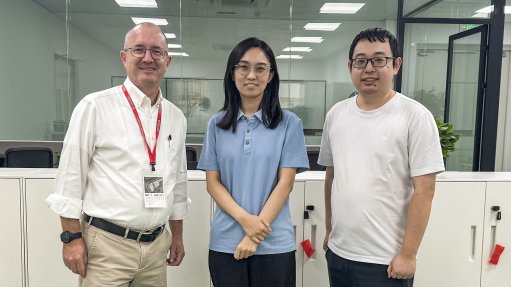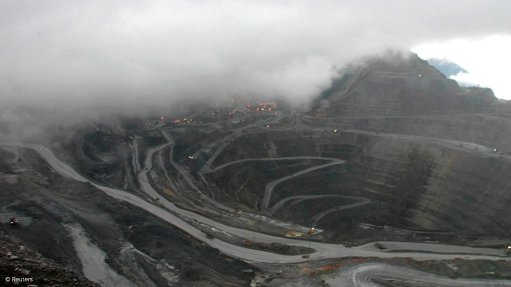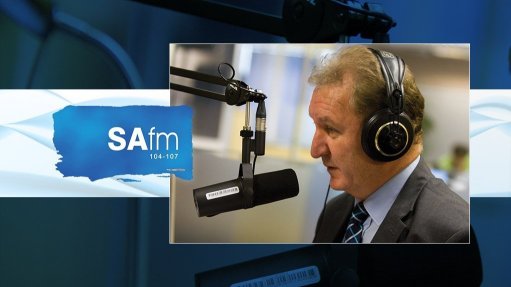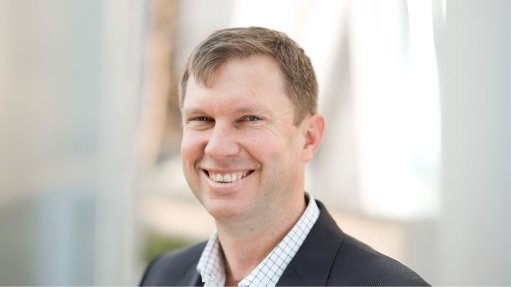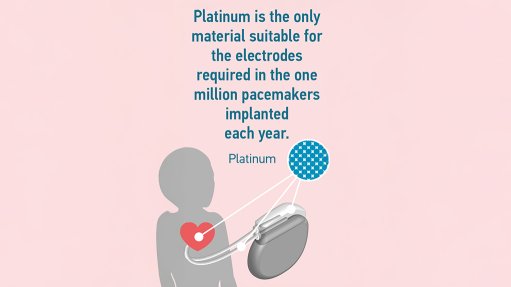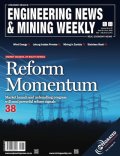Sewage discharge requires urgent interventions

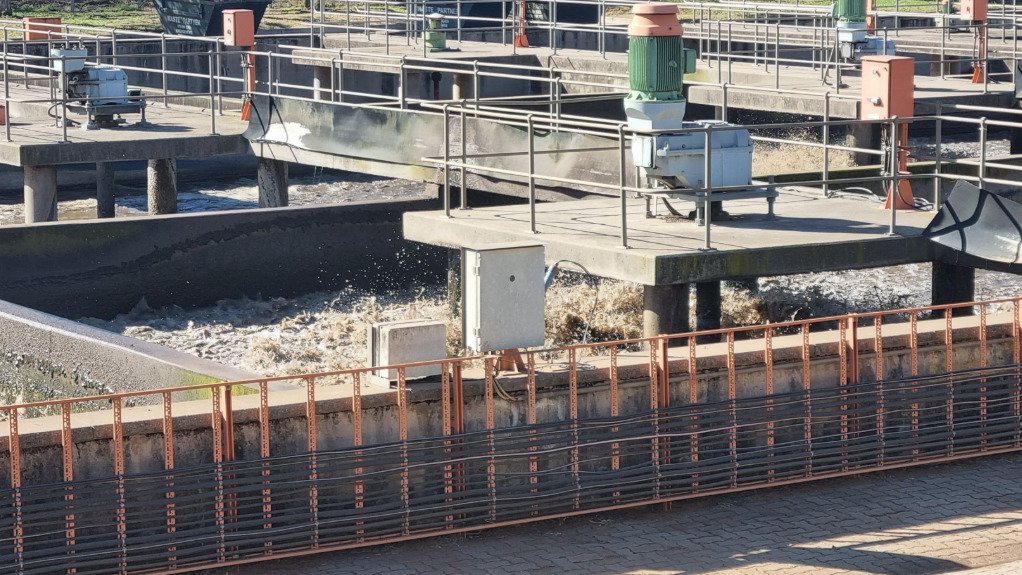
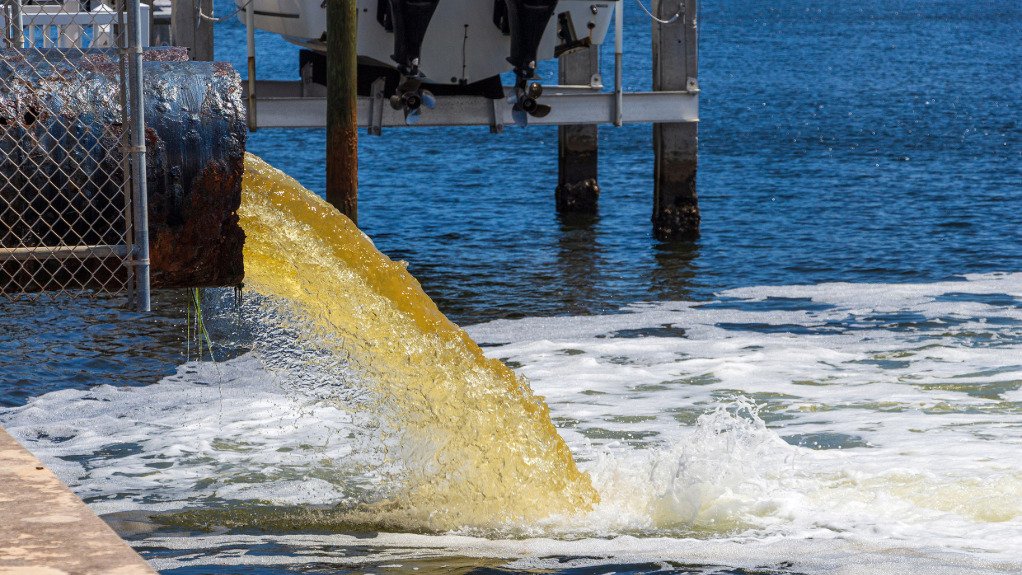
URGENT INTERVENTIONS A combination of short- and long-term infrastructure plans is required to restore Gauteng’s failing wastewater treatment plants
FAR REACHING CONSEQUENCES Untreated sewage severely discharged intro rivers damages river ecosystems, impacts health and has economical impacts
Untreated sewage being discharged into Gauteng’s rivers is adversely affecting critical ecosystems, communities and economic opportunities, says political party Democratic Alliance (DA) infrastructure shadow member of the executive council (MEC) Nico De Jager.
He adds that this requires short- and long-term interventions to prevent further consequences.
Untreated sewage severely damages river ecosystems by depleting oxygen levels, consequently killing aquatic life and introducing excess nutrients that trigger harmful algal blooms, explains DA member of the provincial legislature and environmental affairs shadow MEC Jade Miller.
As critical ecosystems collapse, soil ecology and food chains are being irreversibly altered. Other consequences include natural water systems failing, weakening climate resilience and the spread of contamination downstream.
Additionally, public health is affected by waterborne diseases, leading to rising healthcare costs, while contaminated irrigation undermines food security, Miller notes.
Further, hospitality businesses and restaurants along the rivers have also been affected by the foul smell and discolouration of untreated sewage discharge in the rivers, with a significant decrease in revenue from ecosystem services, tourism and property value.
Challenges
De Jager says there are several reasons for the lack of investment and upkeep in wastewater treatment infrastructure, particularly in Gauteng.
Financial constraints are the primary reason, with municipalities facing severe budget limitations and often deprioritising wastewater infrastructure in favour of more visible services.
He notes that a key issue in Johannesburg is the disconnect between utility provider Johannesburg Water and its revenue value chain, as revenue is not ringfenced and budget allocations are decided by city officials rather than the utility.
Another challenge is the shortage of qualified technical personnel to operate and maintain treatment facilities. More emphasis is often placed on formal qualifications as opposed to practical application and the ability to apply knowledge effectively, he adds.
Additionally, governance failures, including mismanagement, corruption and procurement irregularities, have further diverted funds from essential maintenance.
Moreover, rapid urbanisation has placed existing infrastructure under immense strain, with population growth outpacing infrastructure development and leading to overcapacity issues.
Addressing the Challenges
Given the scale of pollution in Gauteng’s water systems, Miller asserts that urgent interventions should be prioritised to mitigate further environmental damage.
This includes emergency environmental orders from the Gauteng Department of Agriculture and Rural Development, and the Department of Water and Sanitation, which should urgently issue and enforce compliance notices for all failing treatment works.
She also calls for the launch of an ecological restoration programme – whereby the immediate rehabilitation of severely affected waterways is undertaken – and assigning protected status to key river systems to allow for stronger enforcement of environmental regulations.
To address Gauteng’s failing wastewater treatment plants, the DA proposes a combination of short- and long-term infrastructure plans.
Immediate-term measures include an audit of all wastewater infrastructure across the province as part of developing an integrated infrastructure masterplan, as well as initiating an emergency maintenance programme to address critical failures.
To build municipal capacity, De Jager proposes the establishment of dedicated training centres for wastewater operators and launching technical mentorship programmes that pair experienced engineers with municipal staff.
Technical task teams should also be deployed to severely affected water treatment plants, while public–private partnerships should be encouraged to rapidly address critical system failures.
To prevent raw sewage spills while long-term solutions are developed, De Jager recommends deploying mobile treatment units at key spill points, as well as installing early-warning monitoring systems at major discharge locations and deploying rapid response teams to address pump and sewer line blockages.
Further, a strict maintenance schedule must be enforced, with regular sewer line inspections and backup power systems installed at pumpstations to prevent failures during loadshedding. Community engagement is also vital for identifying illegal connections and reporting failures.
In the longer term, the DA advocates for comprehensive asset management systems, a phased infrastructure renewal programme with clear timelines and ringfenced funding mechanisms.
De Jager calls for the adoption of a regional approach as opposed to municipal wastewater management, along with ensuring climate resilience is integrated into all new infrastructure developments.
He also emphasises the importance of developing standardised operating procedures and maintenance schedules. Regional support networks and university partnerships should also be established to allow for knowledge sharing and help develop specialised courses in wastewater management.
Further, the creation of a professional certification programme for wastewater operators is key to improving standards and accountability in the sector.
To ensure the responsible use of funds, De Jager recommends transparent procurement with independent oversight, and dedicated infrastructure grants with strict reporting and public dashboards tracking progress and spend. He calls for regular external audits and consequence management for irregular expenditure.
Multi-stakeholder oversight committees, including civil society representatives, should be created, and funding must be linked to measurable performance improvements.
“All levels of government have a constitutional duty to protect the environment and ensure the safety of residents,” Miller adds.
She explains that provincial and national governments must take decisive action, which is provided for in law, when municipalities fail to meet their responsibilities. The national government should provide emergency funding tied to strict environmental performance standards, ensuring that financial support leads to real improvements.
Both levels must coordinate a unified strategy for environmental compliance and enforcement, with meaningful consequences for noncompliance, Miller concludes.
Comments
Announcements
What's On
Subscribe to improve your user experience...
Option 1 (equivalent of R125 a month):
Receive a weekly copy of Creamer Media's Engineering News & Mining Weekly magazine
(print copy for those in South Africa and e-magazine for those outside of South Africa)
Receive daily email newsletters
Access to full search results
Access archive of magazine back copies
Access to Projects in Progress
Access to ONE Research Report of your choice in PDF format
Option 2 (equivalent of R375 a month):
All benefits from Option 1
PLUS
Access to Creamer Media's Research Channel Africa for ALL Research Reports, in PDF format, on various industrial and mining sectors
including Electricity; Water; Energy Transition; Hydrogen; Roads, Rail and Ports; Coal; Gold; Platinum; Battery Metals; etc.
Already a subscriber?
Forgotten your password?
Receive weekly copy of Creamer Media's Engineering News & Mining Weekly magazine (print copy for those in South Africa and e-magazine for those outside of South Africa)
➕
Recieve daily email newsletters
➕
Access to full search results
➕
Access archive of magazine back copies
➕
Access to Projects in Progress
➕
Access to ONE Research Report of your choice in PDF format
RESEARCH CHANNEL AFRICA
R4500 (equivalent of R375 a month)
SUBSCRIBEAll benefits from Option 1
➕
Access to Creamer Media's Research Channel Africa for ALL Research Reports on various industrial and mining sectors, in PDF format, including on:
Electricity
➕
Water
➕
Energy Transition
➕
Hydrogen
➕
Roads, Rail and Ports
➕
Coal
➕
Gold
➕
Platinum
➕
Battery Metals
➕
etc.
Receive all benefits from Option 1 or Option 2 delivered to numerous people at your company
➕
Multiple User names and Passwords for simultaneous log-ins
➕
Intranet integration access to all in your organisation









